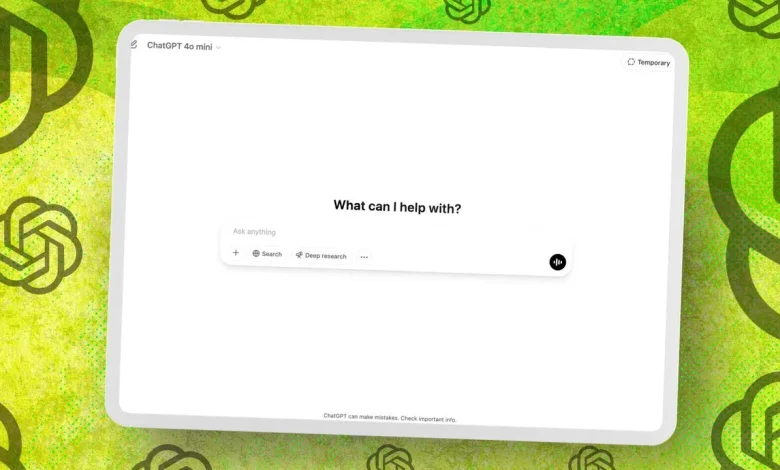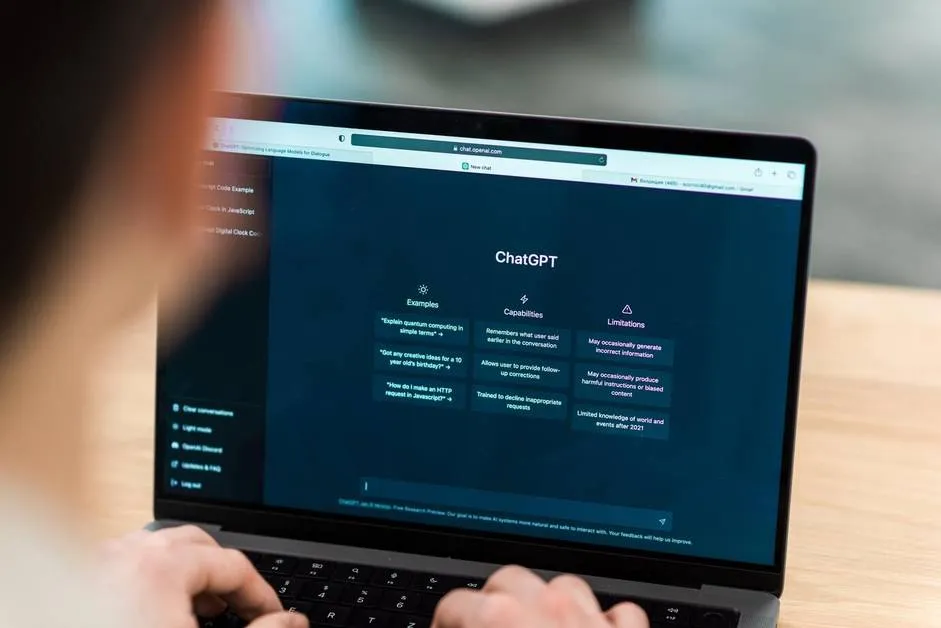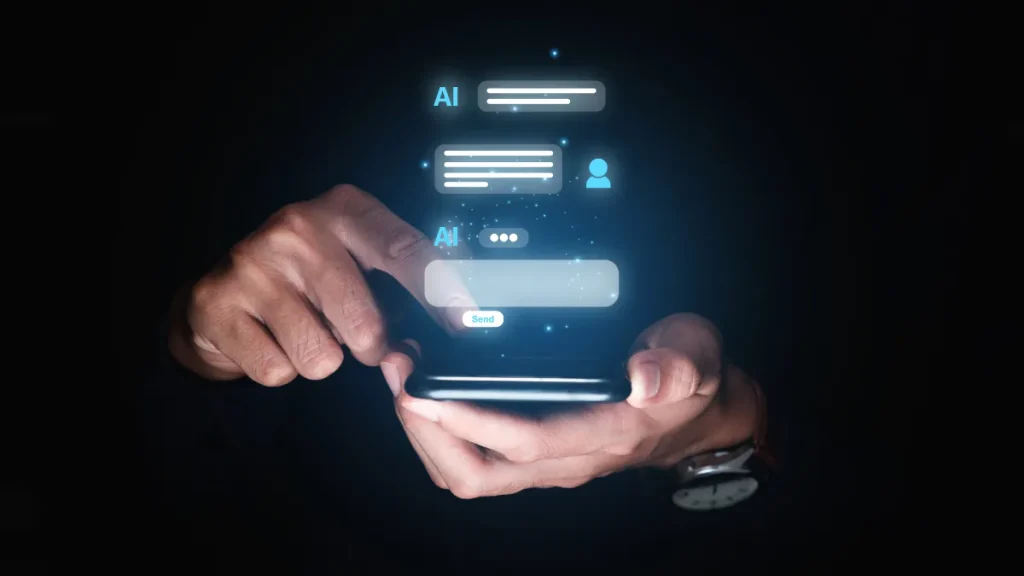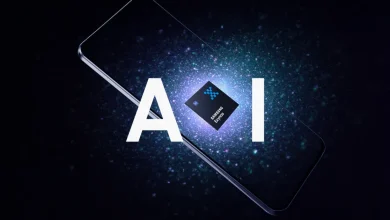
Will ChatGPT Become the Default Interface Online?
With growing usage and deep integration, is the ChatGPT interface about to replace browsers, search, and apps as our main digital gateway?
The rise of generative AI is reshaping how we interact with information online. At the center of this shift is the ChatGPT interface, which blends natural language prompts with real-time data retrieval, creative writing, coding, and more. As millions turn to AI assistants for everything from meal planning to legal advice, one question emerges: could ChatGPT become the primary way we use the internet?
More than just a chatbot, the ChatGPT interface has evolved into a multi-functional hub. With default web search capabilities and plugin support, it’s starting to blur the line between search engine, digital assistant, and productivity suite.
Redefining the Way We Access Information
Traditionally, the internet has been navigated through browsers and search engines. You type in queries, click through links, and skim for answers. The ChatGPT interface flips that script by delivering concise, synthesized responses instantly—no tab juggling required. This frictionless experience is already appealing to users fatigued by ad-heavy search results and cluttered sites.
The growing reliance on AI as a front-end tool is evident. According to recent data, ChatGPT now attracts hundreds of millions of weekly users, many of whom use it as a replacement for Google search or apps like Grammarly and Notion. The ChatGPT interface is quickly becoming a default starting point for online tasks.

The Power—and Limits—of Default Behavior
One of the strongest indicators of the ChatGPT interface moving toward dominance is OpenAI’s decision to make “search mode” the default experience in 2025. This shift signals an ambition to make AI not just a feature, but the framework through which users interact with the web.
However, there are important caveats. While the ChatGPT interface excels at convenience, it can oversimplify complex topics or hallucinate information. Users must still critically evaluate answers, especially when making decisions based on legal, financial, or health data. As a result, some experts caution against over-reliance on a single platform for all online activity.

Shaping the Future of Digital Interaction
Beyond answering questions, the ChatGPT interface is also redefining content creation and communication. Writers, developers, marketers, and students are increasingly using it as a co-pilot for drafting emails, generating code, and brainstorming ideas. This functionality positions ChatGPT as not just a portal to knowledge, but a tool for creation.
Meanwhile, companies like Microsoft and Apple are racing to integrate similar AI layers into their operating systems. The race isn’t just about features—it’s about which ChatGPT interface becomes embedded in daily life. Whoever controls this layer may define the future of personal computing and web interaction.
Whether ChatGPT becomes the standard interface of the internet will depend on how it continues to balance speed, accuracy, and user trust. But one thing is clear: the ChatGPT interface is no longer a novelty. It’s a serious contender to replace search bars and home screens as our digital starting point.



